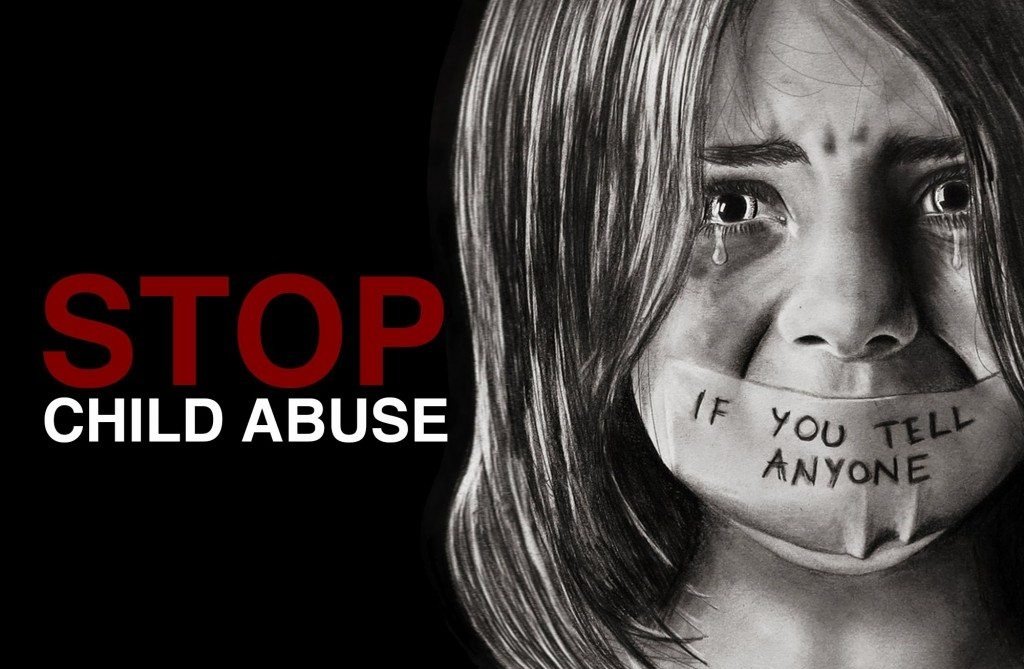Talking about sexuality with your child is awkward. Previously, this talk was reserved for children entering the teens. Now sexual abuse threats are real even for pre-teens.
Pre-teen children are too young to understand or protect themselves from sexual contact. As parents, it is up to you to ensure your child’s sexual safety.
You may broach the topic of sexuality when your child is able to communicate (3.5-4 years). Use simple language that your child understands and provide only age-appropriate knowledge.
This is how you can take precautions for your child:
- Explain that private parts are private:
Use informal language to tell your child that his/her private parts are personal. That is why we always cover these body parts in public.
No stranger must touch their private parts. Only a doctor, parent or a caregiver can do so for health reasons or to help them in the bathroom.
- Good touch/bad touch:
Describe examples of good touch to your child: hugging, kissing on cheek/forehead, holding hands, patting on the back/head, slapping hands etc.
Overdoing of good touch could be unpleasant. Instruct your child to say ‘no’.
Depending on the child’s age you could provide examples of bad touch: touching private parts, kissing on lips, rubbing against the body etc.
- Tell your child to share discomfort:
Tell your child that you need to know anything that makes him/her uncomfortable. He/she should immediately report to you when anybody’s touch, talk or actions are unpleasant.
Make this clear: It’s okay to complain to you about an elder. It’s okay to say no if anyone tells him/her to do something that feels wrong.
- Look over your child’s social interactions:
Know with whom your child interacts every day. Keep a check when your child spends regular alone time with someone. Keep track of new individuals who interact with your child.Always leave your child in safe hands.
- Attend to your child’s complaints/sudden peculiar changes:
It’s better to stop mischief at the earliest. If your child complains about someone, take it seriously and ask for reasons.
Pay attention to sudden changes in your child’s behavior that don’t make sense to you. For example, sudden fear or tantrums, denial to go somewhere, curiosity about sexual information, nightmares, bed-wetting, playing out sexual themes during games etc.
Be watchful for unpleasant changes in your child’s behavior. It can reveal that something is wrong.
Your child’s safety is important. Take precautions, stay safe!


Leave a Reply